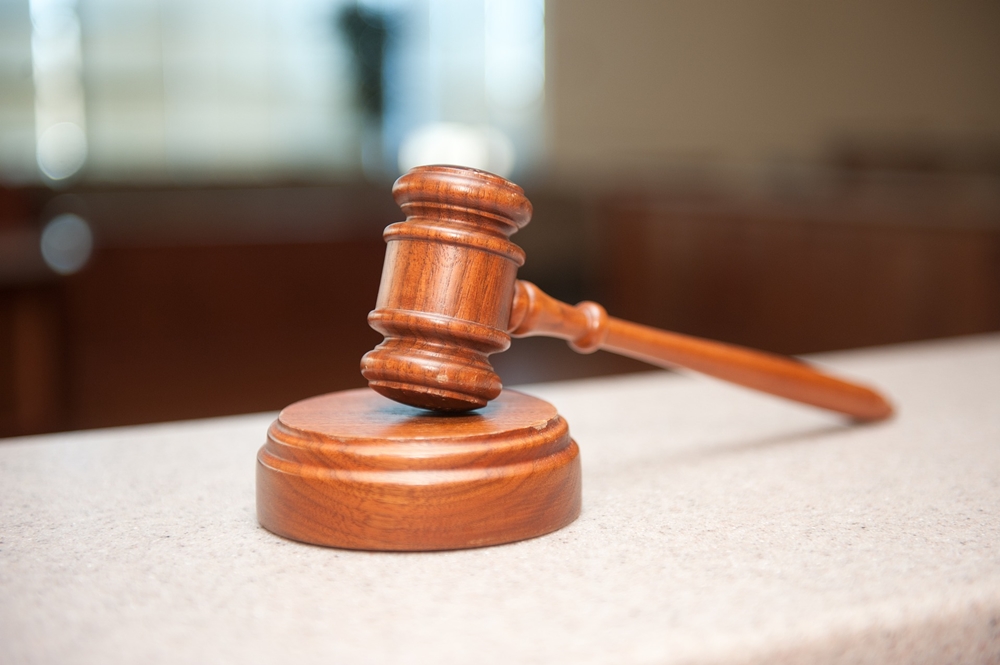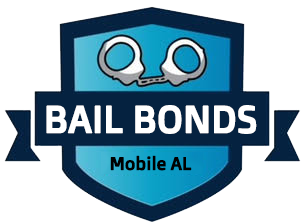
When a defendant is offered bond and posts it, one thing that may not be thought about is that often bail conditions will come with that bond. Bail conditions are essentially specific rules that the defendant must follow while out on bail to be in compliance. Here is a quick overview of how bail conditions work in the court system.
What are the point of bail conditions?
There are a couple of main reasons why bail conditions exist. The first and foremost aim is to keep any potential victims as well as the defendant themselves safe. The other main reason for bail conditions is because by nature the courts are taking a risk by releasing someone before sentencing them. Because of this, precautions and rules have to be set to ensure that the defendant does not just merely free the state or country to try and bypass justice.
How do they decide what bail conditions will be?
The judge who oversees the bond hearing will be the one who decides what bail conditions are appropriate for the specific defendant. They will look at a number of things in order to make a decision including previous criminal history, nature of the current charges, whether or not the defendant is currently employed and for how long as well as if they have are from the area or they were arrested from out-of-town. All these things offer the judge insight on what would be appropriate in terms of making sure that the defendant properly shows up again.
What is a typical bond condition?
Though bail conditions can vary greatly depending on the judge and individual, there are certain conditions that are pretty universal. Some of these include strict rules to abstain from any illegal substances, alcohol, or use of firearms. In addition to this, restrictions on domestic and international travel are also quite common due to flight risks.
What happens if you don’t do your bond conditions?
The most important thing to know about bail conditions is that they are not optional and often if they are violated, then the judge has the right to create a bench warrant to have the defendant places back into custody until their actual hearing. In addition to this, depending on what conditions have been violated, it may even end up adding charges on top of the already existing ones.
In the end, bail conditions are kind of like rules you would have to deal with in probation. Though they seem like a pain and inconvenience, it is super important to follow them and with that, it will also help you with having a good impression with the judge during the actual hearing as well.



